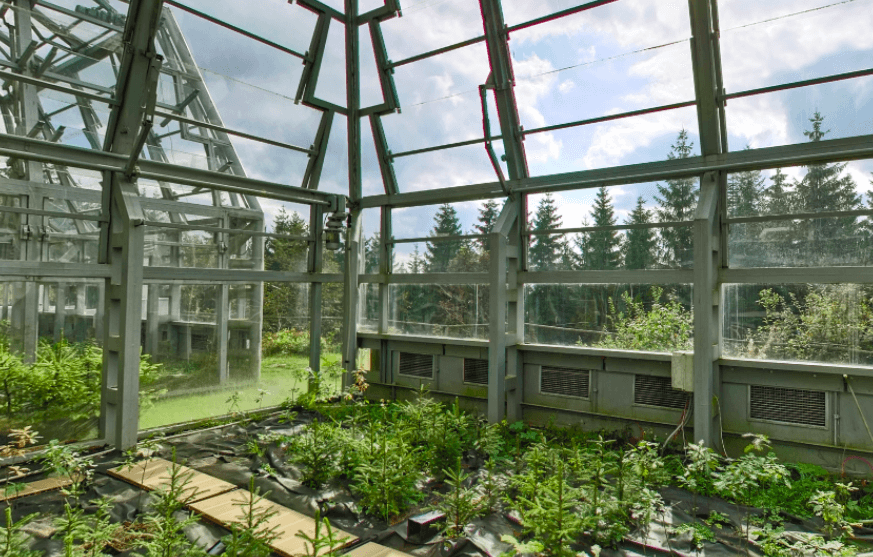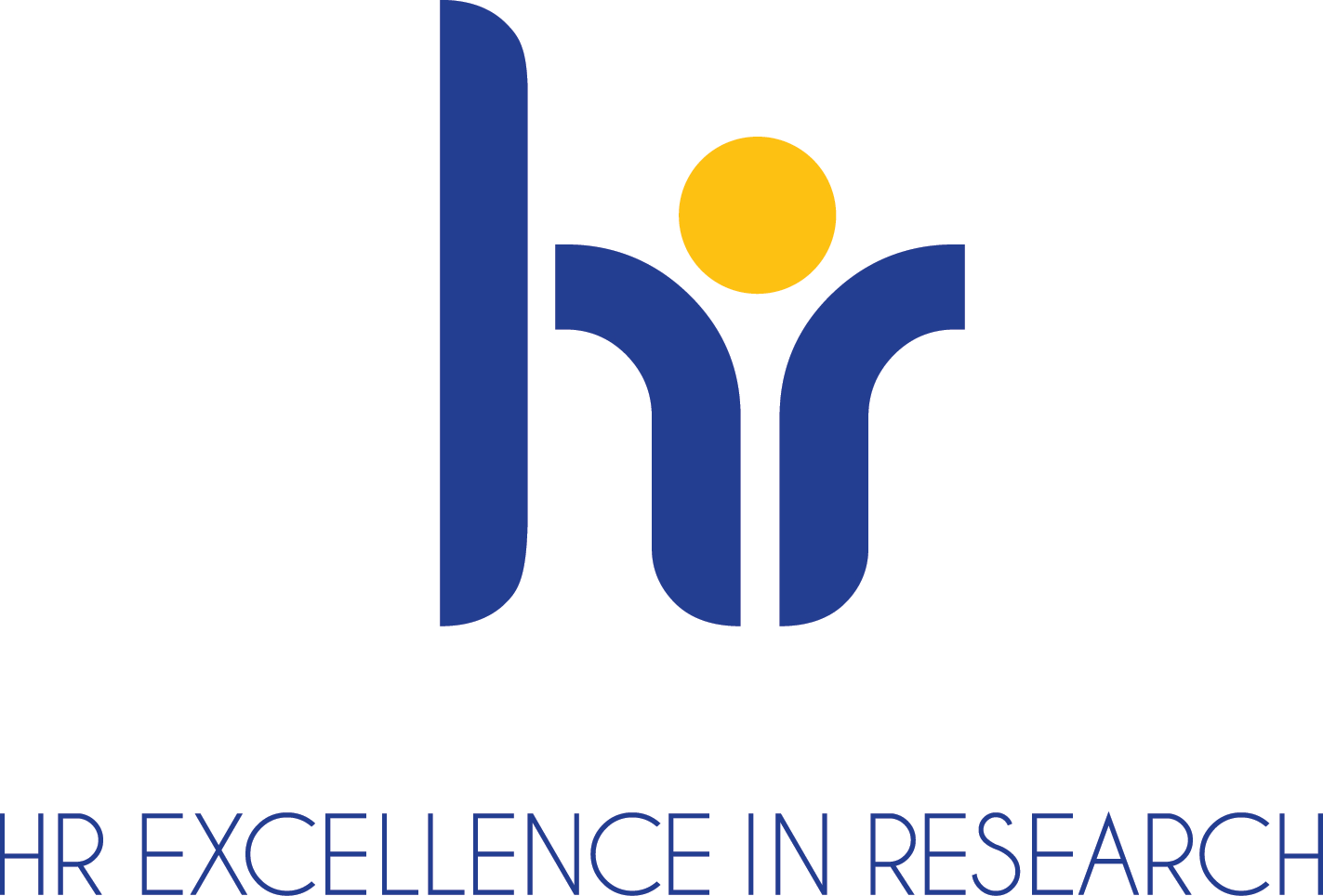Mgr. Zuzana V. Harmáčková, Ph.D. – head
Scientists:
prof. Paula Ann Harrison-Hepworth
prof. Ian Paul Holman, Ph.D.
Magdaléna Koudelková, BA, MSc.
Mgr. Jitka Martínková
Mgr. Pavlína Schultzová
Mgr. Lenka Suchá, Ph.D.
MA Alejandrina Viesca Ramirez
Ph.D. students:
Mgr. Anna Bromová
Mgr. Bronislav Farkač
Mgr. Romana Jungwirth Březovská, M.A.
Mgr. Jakub Mácha
Mgr. Aneta Seidlová
The Department of Socio-Ecological Analysis (SE Lab) explores how to better understand the links between society and the environment and how to leverage this knowledge in pursuing sustainability pathways.
To achieve this goal in the SE Lab, we:
- Combine approaches from social sciences, humanities and natural sciences,
- Actively engage with actors outside academia (practitioners, policy makers, civil society and NGOs),
- Emphasise knowledge exchange between science, policy-making and practice,
- Carry out research across geographical and cultural contexts (Europe, Africa, Latin America).
Key research topics and questions
Theme 1: Social-ecological scenarios
Social-ecological scenarios describe potential future development of the links between nature and society. Scenario design and analysis help us better understand how future interactions between society and the natural environment may look like and how to make robust decisions in the face of future uncertainty. A specific type of scenario, sustainability pathways, help us understand what steps towards sustainability are possible, for which specific actors, which of these steps we prefer as a society, and who should advocate for them.
Related projects: BIONEXT (Horizon Europe), TRANSPATH (Horizon Europe), Just Scapes (JPI Climate Solstice), Coop4Wellbeing (Technology Agency of the Czech Republic)
Theme 2: Social-ecological resilience
Social-ecological resilience is the resilience of the interconnected systems of society and the natural environment. Its research allows us to understand which social processes influence to what extent we are resilient to global change and its impacts, or which nature-based measures (e.g. urban green areas) contribute to building social resilience.
Related projects: SYRI – National Institute for Research on the Socioeconomic Impact of Diseases and Systemic Risks (EU National Recovery and Resilience Plan)
Theme 3: The role of knowledge in shaping social-ecological systems
The role of knowledge, its co-production and transfer is key to shaping the social-ecological systems around us and achieving sustainability. Our research explores how knowledge on the links between social and natural dynamics actually translates into the functioning of our society, how to enhance the effectiveness of the knowledge gained, and how science-policy interfaces (e.g. IPBES, IPCC) can contribute in this respect.
Related projects: BIONEXT (Horizon Europe), Coop4Wellbeing (Technology Agency of the Czech Republic), involvement of the department members in IPBES
Research approaches and methods
The work of the department draws on a range of disciplines at the intersection of social sciences, humanities and natural sciences, including sustainability science, social geography, development studies, environmental studies, anthropology and design. The department focuses on transdisciplinary and participatory research approaches, using mixed methods, stakeholder mapping and analysis, workshops, focus groups, interviews, observations, design approaches and other methods of data collection and knowledge co-design.
Teaching
- Sustainability science in addressing global change (Institute for Environmental Studies, Faculty of Science, Charles University in Prague)
- Environmental direct action (Faculty of social studies, Masaryk University)
Projects
- BIONEXT: The Biodiversity Nexus – Transformative Change for Sustainability (Horizon Europe)
- TRANSPATH: Transformative pathways for synergising just biodiversity and climate actions (Horizon Europe)
- SYRI – National Institute for Research on the Socioeconomic Impact of Diseases and Systemic Risks (EU National Recovery and Resilience Plan)
- Just Scapes: Environmental justice analysis to advance rural landscape transformations in the face of climate change (JPI Climate Solstice)
- Coop4Wellbeing: The role of participatory social-ecological research in strengthening international development cooperation (TA ČR)
- Collaboration on international and national projects led by other departments at CzechGlobe




